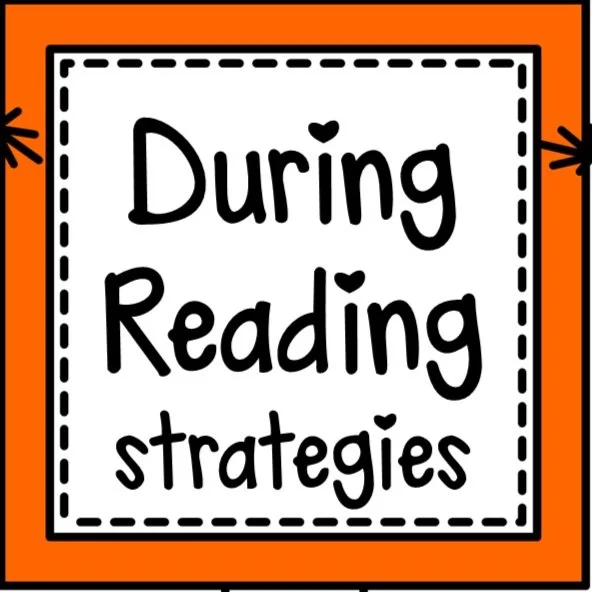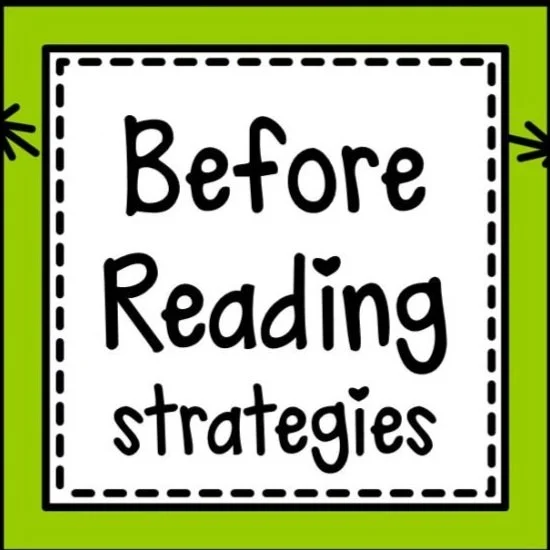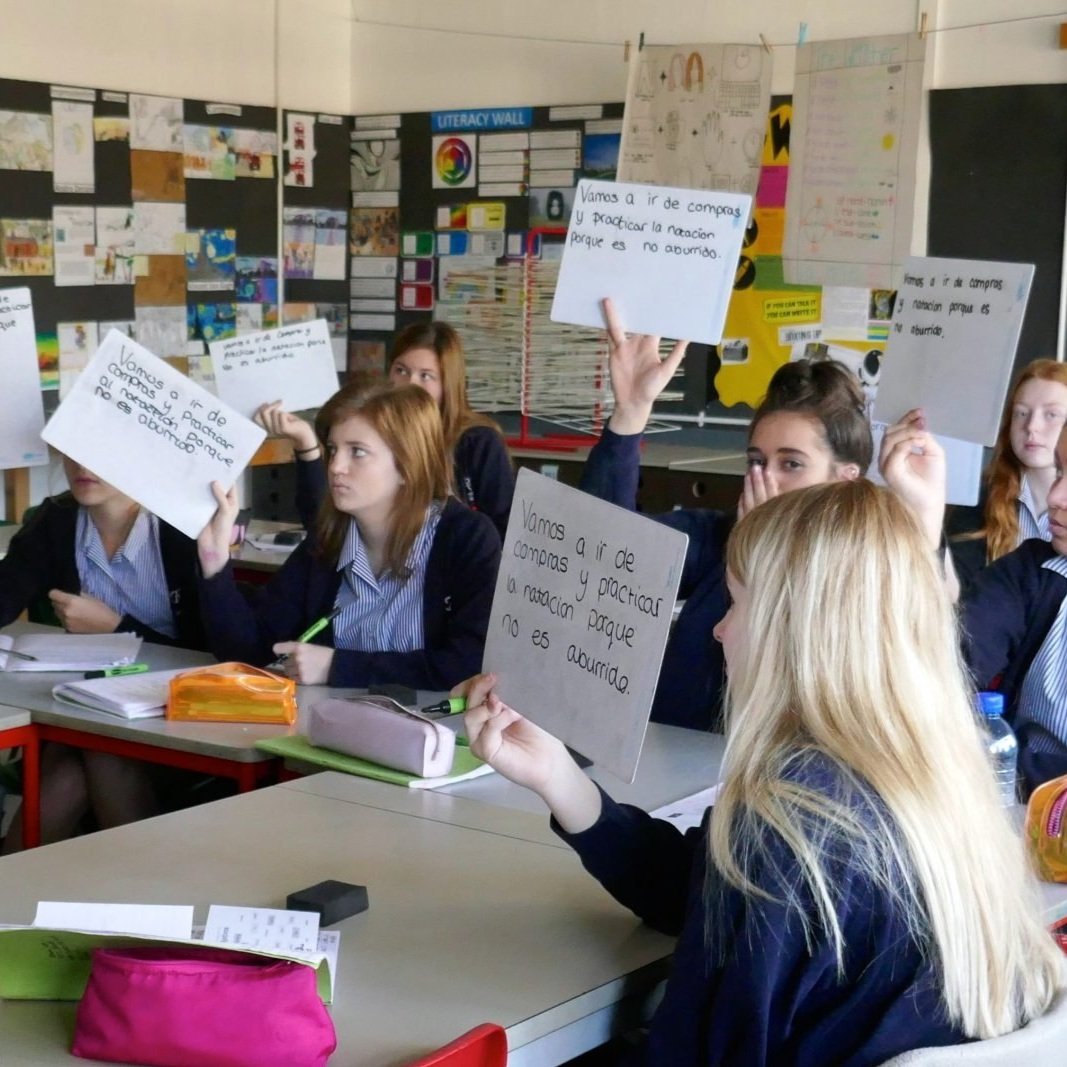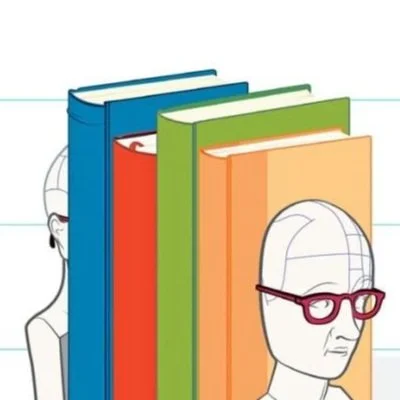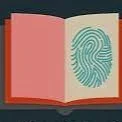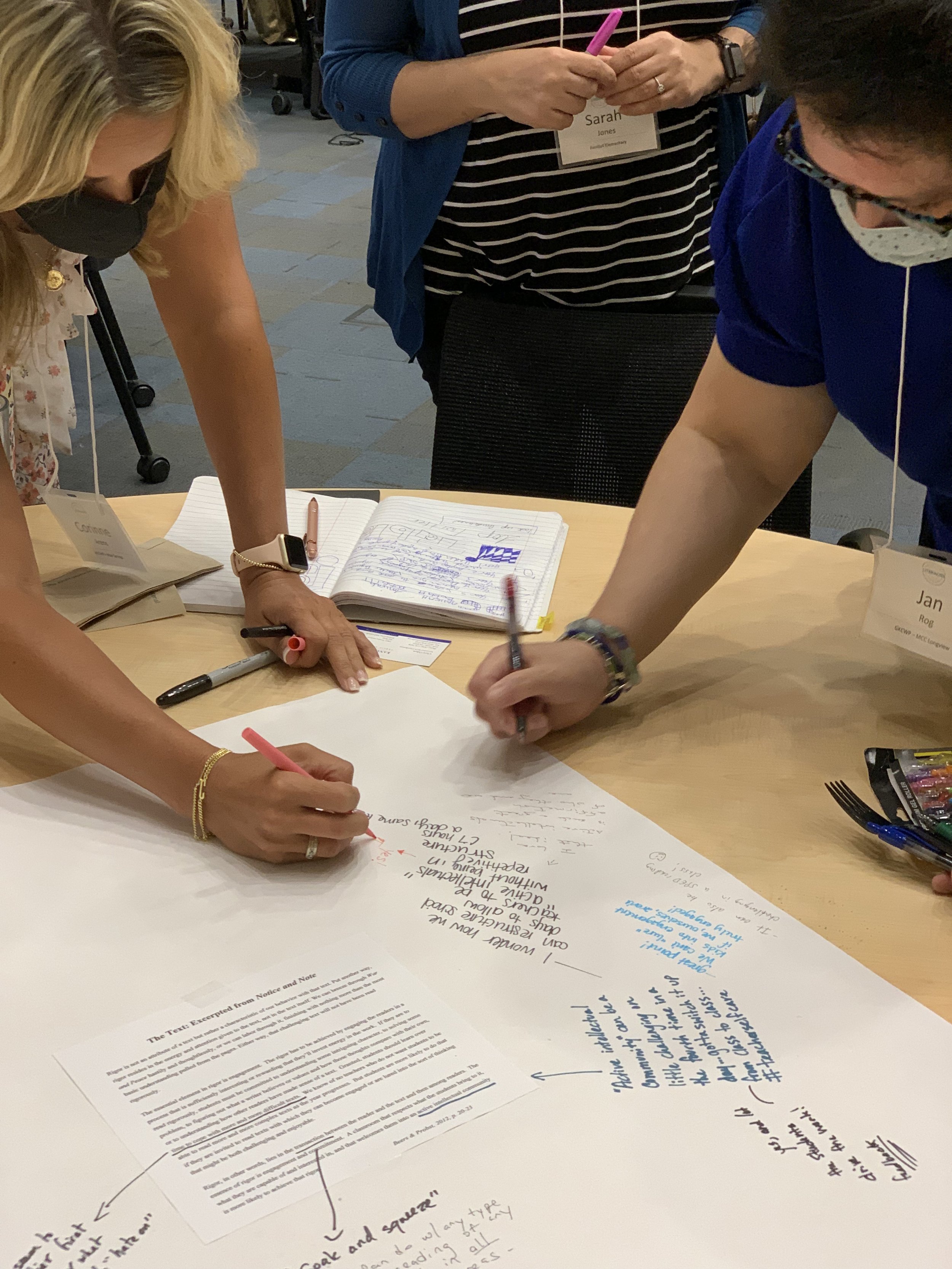
Resources
During Reading Strategies
This approach give students a toolbox of strategies that they can apply strategically. Research has shown that this approach, called transactional strategy instruction, improves students' reading comprehension
Before Reading Strategies for Secondary Students
learning about cognitive strategies to use before reading to set secondary students up for success during reading.
Digital Literacy
Digital literacy involves reading eBooks and acquiring information through the internet. Digital literacy requires foundational reading skills as well as knowledge about digital text structures and online research.
Teaching of Writing in Secondary Schools
Writing is essential to learning, critical thinking, and active citizenship. Writing is the currency of the new workplace and global economy, but more importantly, writing helps us clarify ideas, solve problems, and understand ourselves and our changing world.
Providing Feedback on Student Writing
One way to provide feedback to students about their writing is to use the Flash Feedback method by Matthew Johnson
Explicit and Systematic Literacy Instruction
With explicit instruction, teachers clearly and directly identify the skill, strategy, or concept to be learned and teach in an unambiguous and structured way (Archer & Hughes, 2011). Research shows that students need explicit literacy instruction that is interactive, engaging students in thinking, writing, and discussion.
What the Cognitive Research says about Reading
Reading is an interactive process involving many components and different parts of the brain.
Timeline of Scientific Research on Reading
Investigating the components of reading and investigating how to teach reading are two different areas of research. Exploring the components of reading is basic research, while exploring how to teach reading is applied research. Over time both basic and applied research continue to shed increasing insight into the complexity of reading.
Learning from Exceptional Teachers
Teaching reading cannot be decontextualized or scripted. Quite the opposite! Research shows that teaching reading should be an orchestrated act (Duke et al., 2018) of motivational, managerial, curricular, environmental, and instructional practices that make learning responsive, meaningful, and culturally relevant.
Components of Emergent Literacy
Emergent literacy refers to the earliest developmental period from birth to when children begin to discover the alphabetic principle or the match between letters and spoken sounds. Some components occur before formal literacy instruction begins while others take shape as a result of instruction.
Differentiated Instruction
If some students in a class are at the independent level, and some still need more modeling or practice, this is where differentiated literacy instruction can come in.
Components of Adolescent Literacy
Adolescent literacy refers to the developmental period that often coincides with secondary school. Students continue to develop literacy knowledge, skills, and dispositions that build on intermediate literacy knowledge, skills, and dispositions. Research suggests several components to consider during the development of literacy in adolescents.

